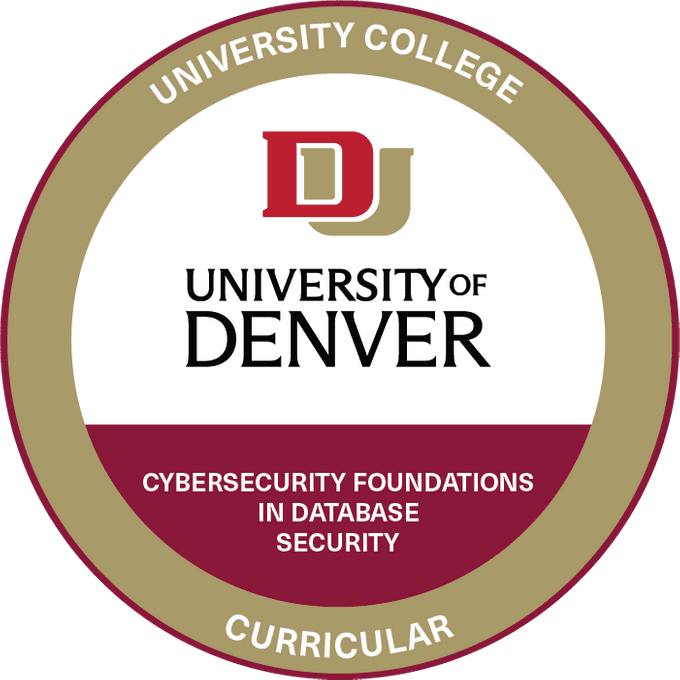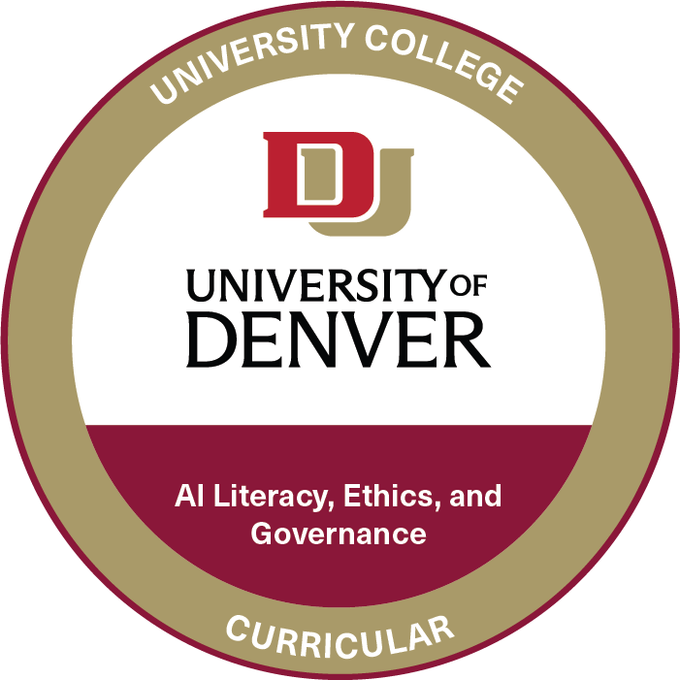Master’s Concentration
Software Development and Programming: Master’s Degree
Build high-performing web-based software and apps. Acquire in-demand skills in full-stack development to design and program highly effective, secure software. Gain skills like:
- Mastering full-stack development processes and methodologies
- Assessing the role of frameworks in software design and development
- Designing applications using object-oriented methodologies, models, and design patterns
- Generating software code in languages such as Java, Python, C#, JavaScript, and PHP
Let us help you succeed.
*Indicates a required field.
Top-ranked, career-focused education in a flexible format.
At a Glance
Classes Begin
March 31
Term Length
10 Weeks
Master's Tuition
$835 per credit hour

Top-Ranked University by U.S. News & World Report

Connect with an Advisor
Skills You’ll Learn
Curriculum
Master of Science in Information Technology with a concentration in Software Design and Programming requires completion of 48 credit hours (12 courses).
4
Core Courses
4
Concentration
Courses
4
Elective Courses
Featured Instructors
Sample Schedule
Plan out your schedule and determine your preferred timeline for completing your master's degree—finish in as few as 18 months or take up to five years.
Interested in a graduate certificate?
Interested in a digital badge?
Learn about badge requirements, how to apply, and more!

Cybersecurity Foundations in Application Security

Cybersecurity Foundations in Database Security

AI Literacy, Ethics, and
Governance
Take a Course Before You Apply
Career Outcomes
Predicted outcomes for graduates of Software Design and Programming
Job Titles
Software Developers Salary: National Average
$101,790
(U.S. Bureau of Labor Statistics)
Get Ahead with Career Services
One-on-one career coaching and mock interviews
Job database dedicated to DU students and alumni
Résumé and cover letter guidance
Hear from Our Students
Theme: Job Satisfaction
Information Technology
Flexible Online Classes
We understand the demands of balancing work, friends and family, and school can be challenging. That's why at University College, you can complete your program entirely online. Our online learning platform makes it easy to work anywhere at any time.
Advisory Board

Nathan Braun
Educational Consultant & Adjunct Faculty, University of Denver, University College
Accreditation
Higher Learning Commission
University College programs maintain the highest level of accreditation offered by The Higher Learning Commission, one of the regional accrediting bodies recognized by the federal government. The University of Denver and all of its academic programs are regionally accredited by this commission, and regional accreditation is the highest standard for universities in the United States.
spacer
Colorado Technology Association
The Colorado Technology Association represents technology leaders, professionals, companies, IT departments, government and legislative leaders, and industry advisors. CTA provides members with community, insight, connections and advocacy. Our industry development work spans public policy to education to leadership.
Take the Next Step
























